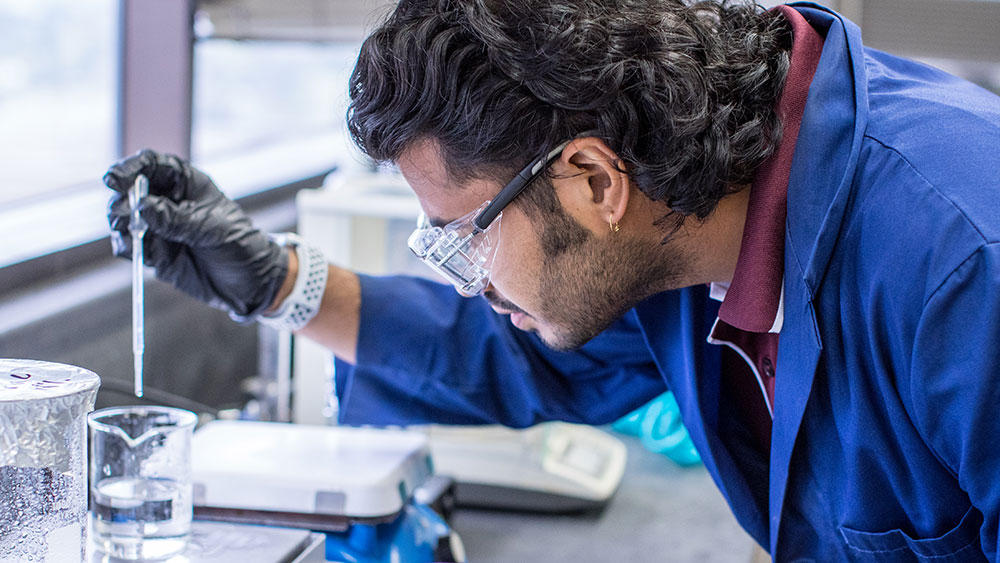Master of Science in Petroleum Engineering
The Master of Science degree in the Department of Petroleum Engineering is a thesis option research-based degree that will prepare graduates with the skills to pursue global opportunities in the petroleum industry.
The research skills developed through fundamental courses in multiple areas of petroleum engineering will enable graduates to be successful leaders in the petroleum field of their choice.
I'm ready to apply! Request more information
The research skills developed through fundamental courses in multiple areas of petroleum engineering will enable graduates to be successful leaders in the petroleum field of their choice.
I'm ready to apply! Request more information

Overview
-
Students seeking a Master of Science degree are expected to demonstrate proficiency in research in a particular area of petroleum engineering. Your degree plan, determined by you and your advisory committee, will consist only of courses in engineering and science that enhance research performance.
Requirements
- You must include a minimum of 30 credit hours in your degree plan. Your committee can require more.
- Complete at least 9 credit hours on campus during one semester to establish residency.
- Include courses from outside the department. Minimum 2 courses, maximum 4.
- Take at least 3 of the core courses (required for students without a Bachelor of Science in petroleum engineering).
- You must observe University limits on certain courses:
- No more than 9 hours transfer credit from another peer department/ university.
- No more than 12 hours of PETE 689 courses.
- No more than 8 hours of PETE 691 courses.
- No more than 6 hours of PETE 685 courses.
- One credit for PETE 684 and 692 courses used for internships.
- No more than 2 hours of PETE 681 courses. Starting Fall 2020: only 2 occurrences of PETE 681. (Courses will be taken for zero-hour credit)
- You must select the chairman of your committee before the start of your second semester.
- Agree on at least 3 committee members, with 1 outside the department.
- File a degree plan before the beginning of your second semester but by no means later than 90 days before your final oral examination.
- You must have an average GPR of 3.0 for all courses on your degree plan before you take the final exam.
- Submit your thesis proposal to the Graduate and Professional School before the close of the semester in which you expect to receive the degree or before you schedule your final examination, whichever occurs first.
- Complete your Thesis and final examination.
- You must complete all the requirements within 7 years.
- You must include a minimum of 30 credit hours in your degree plan. Your committee can require more.
-
For detailed course information visit the course catalog.
Degree Highlights
#2
Graduate Program ranked among public institutions | U.S. News & World Report, 2025
41
Total faculty (Fall 2023)
74
Students enrolled in Master's program (Fall 2025)
